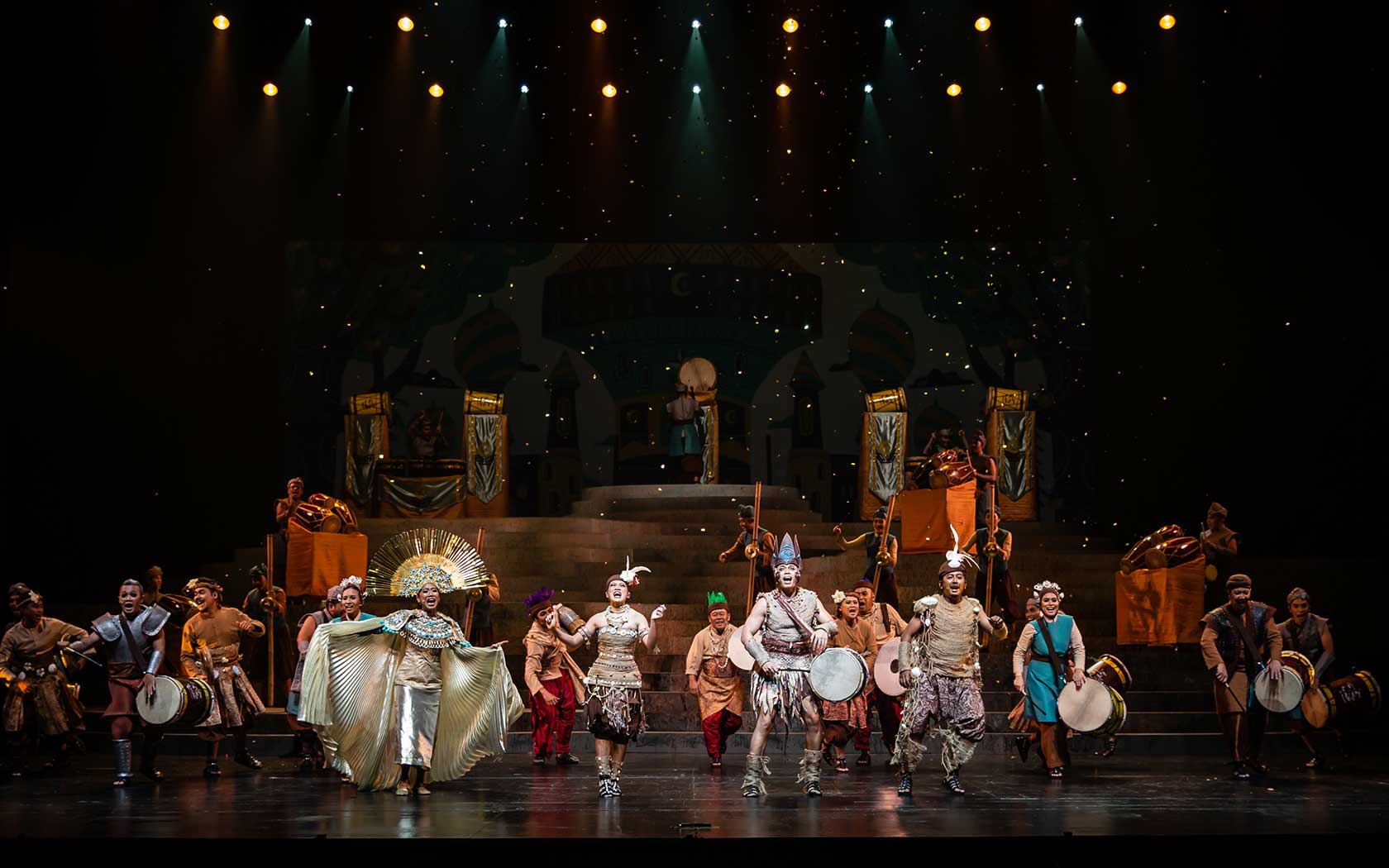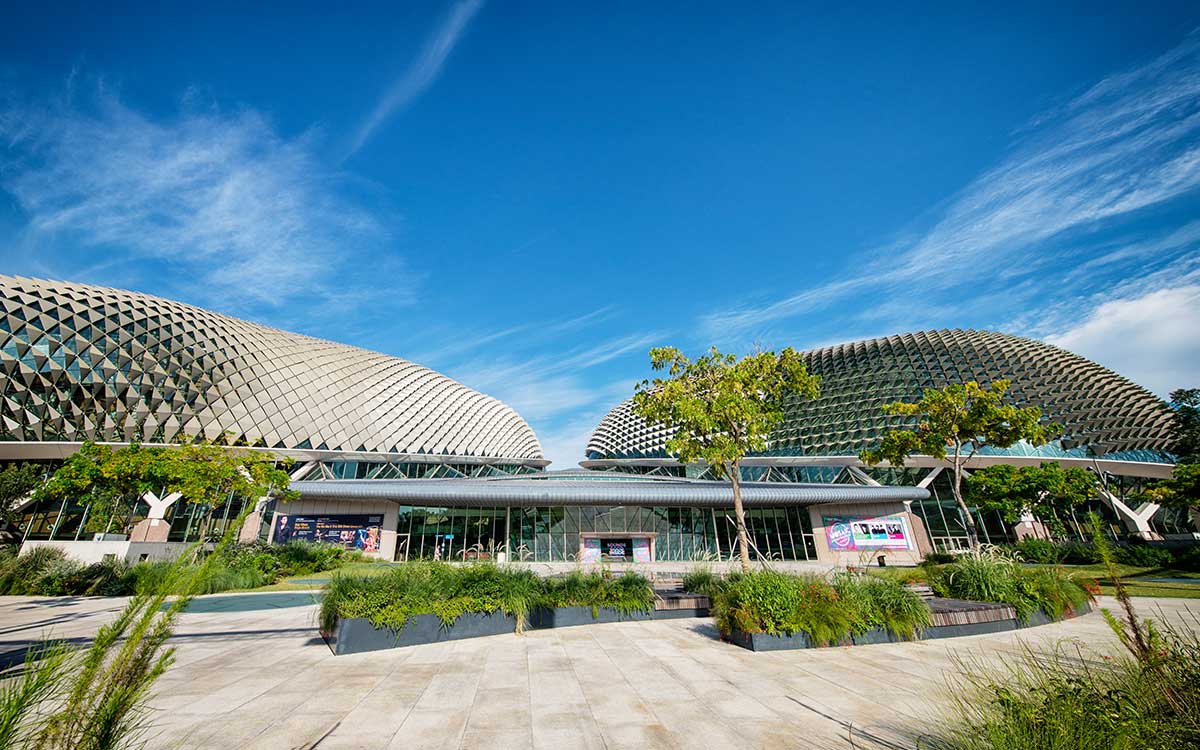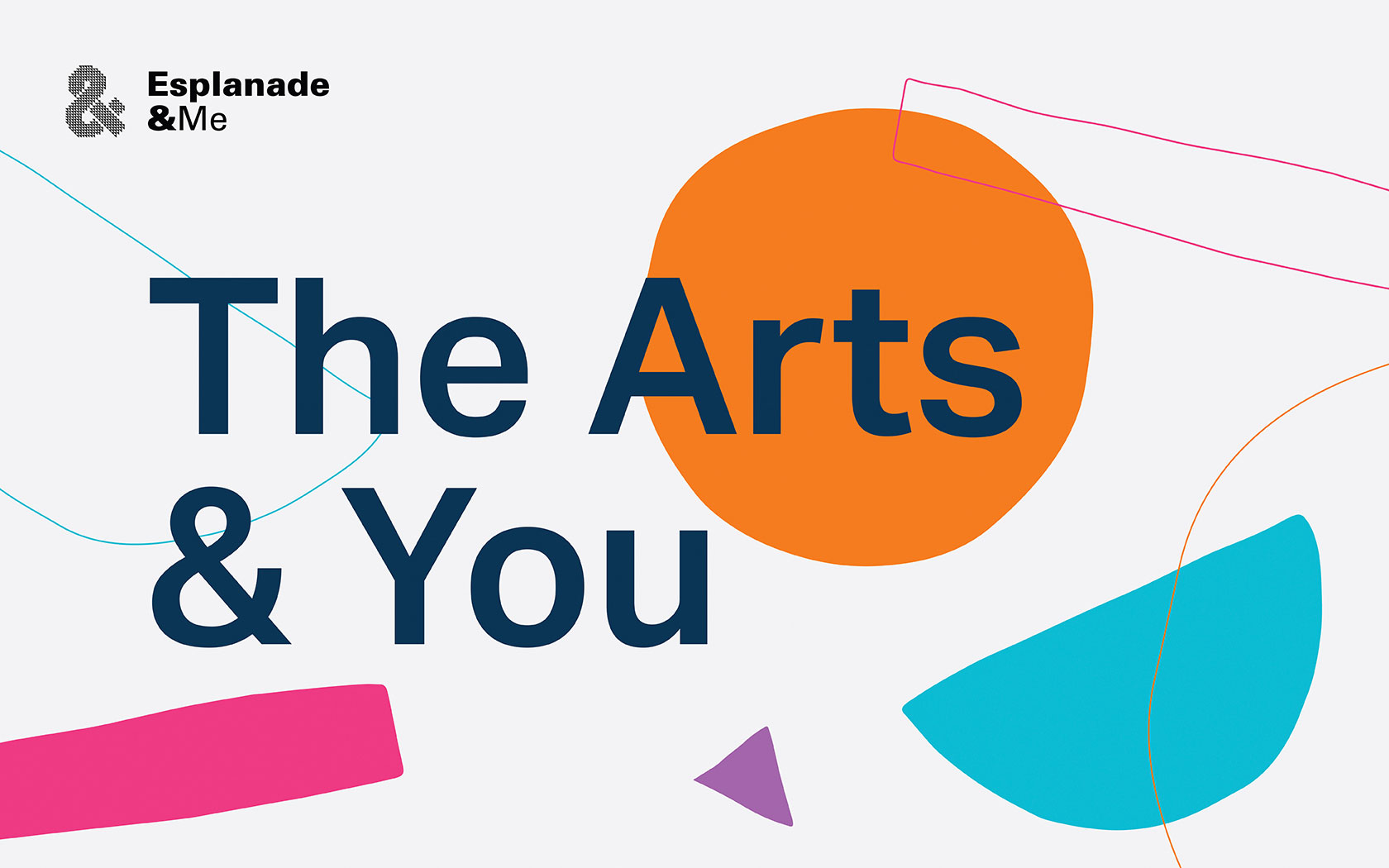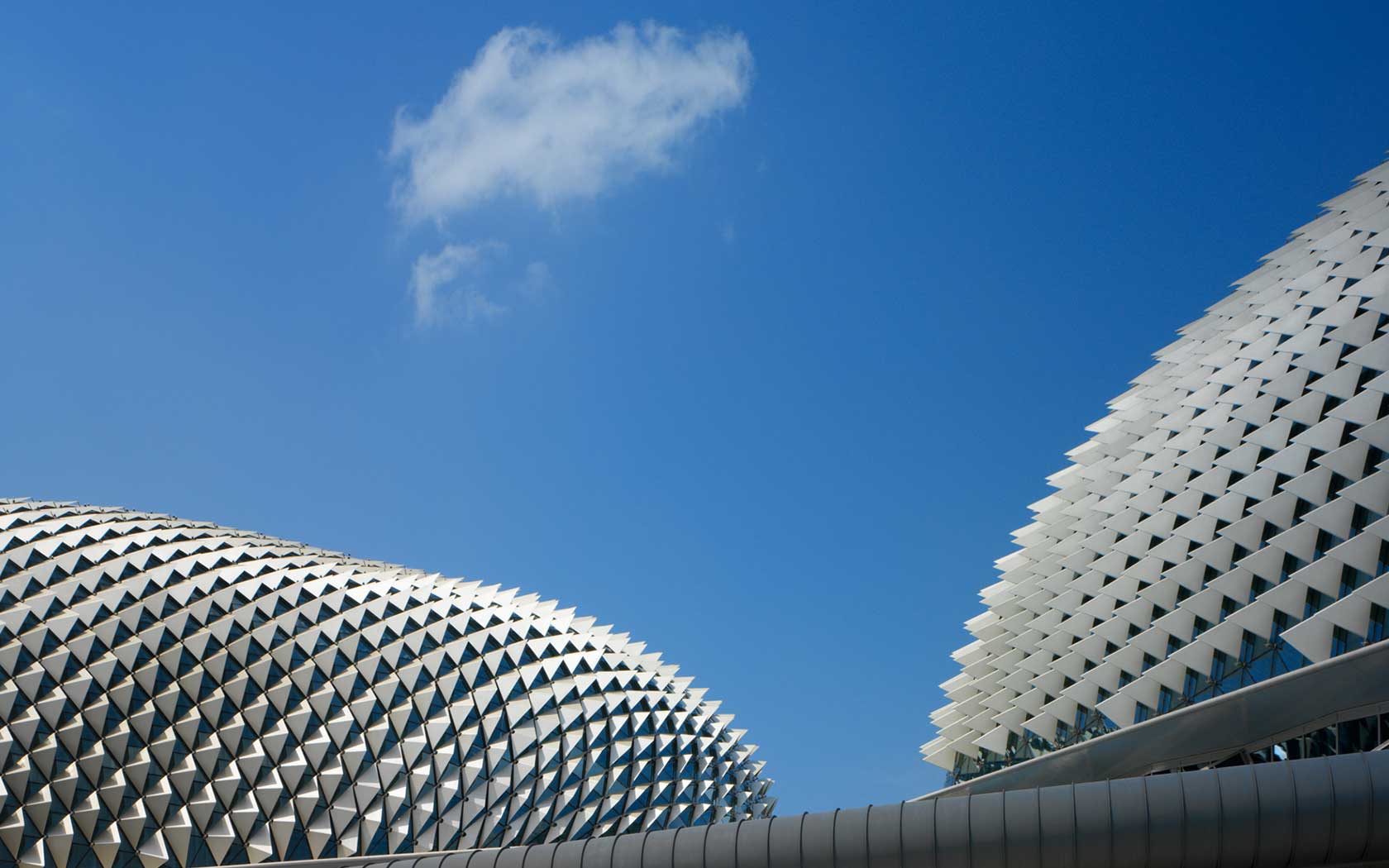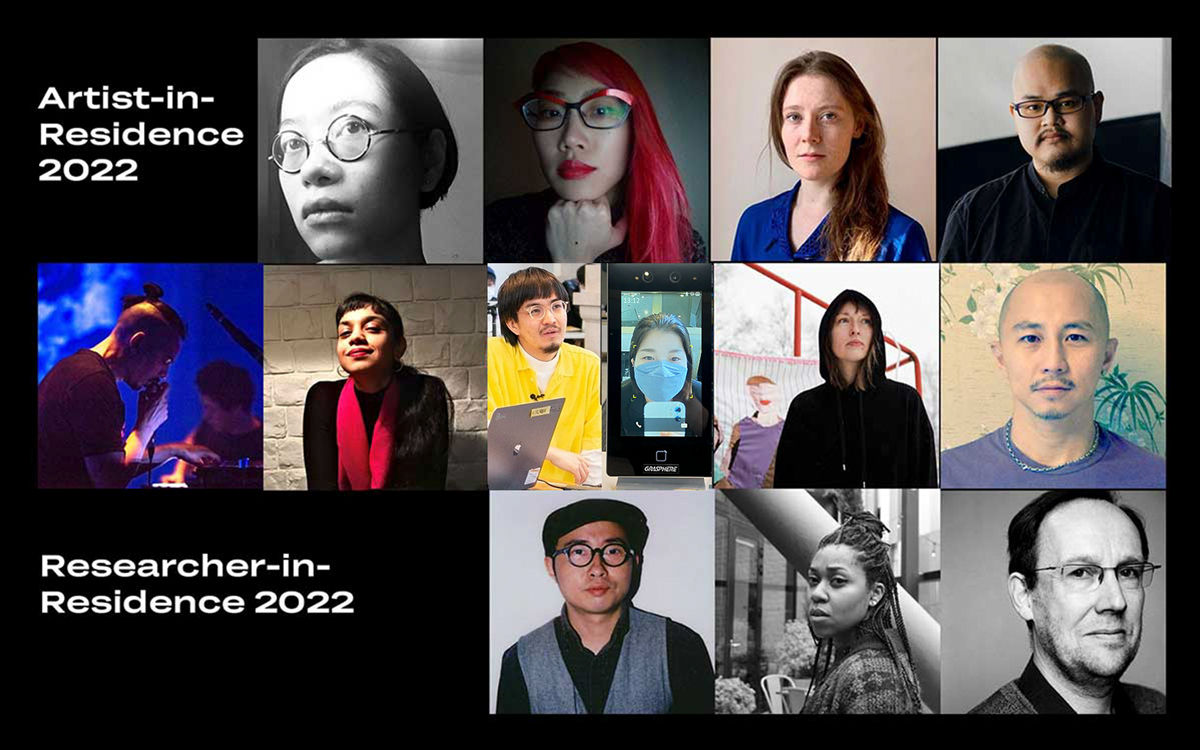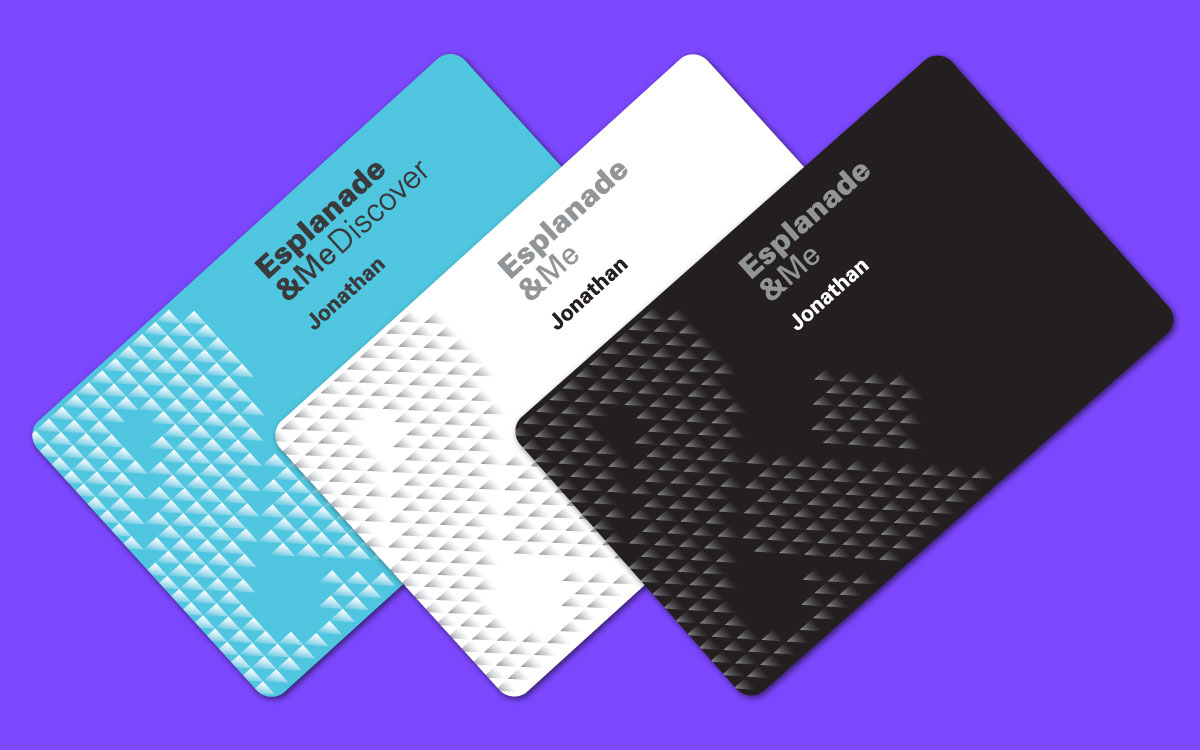
In April 2021, Truong Que Chi first presented Life And Its Double in Hanoi. The play is rooted in quotidian observations and the examination of human existence. Without a fixed screenplay, each presentation begins with an environment and a personal library of suggestions—comprising content, performative situations, dialogues, texts and scenographic sketches—which fuels the ensuing structure of the performance. While in Singapore, Truong will conceive an expansion of Life And Its Double. Taking the finale of the first iteration in Hanoi as a point of departure, she will further expand the structural possibilities of a new version through the notion of “height of tolerance” and its myriad associations. Through the mise-en-scène that will develop, Truong endeavours to create a “double” territory that reflects our relationships with self, memory, time and space.
Based in Hanoi, Truong Que Chi is an artist and curator working in the domains of cinema and visual arts. Her works are prompted by the search for a landscape—a mise-en-scène—at the borders of different terrains. She has participated in various film festivals and exhibitions, including Eyes Without A Face with Nguyen Phuong Linh, The Japan Foundation and Manzi Art Space, Vietnam (2021), Asian Film Focus: Time Machine, Objectifs Centre for Photography and Film, Singapore (2017) and Oberhausen International Film Festival, Germany (2014). She is a member of the artist initiative Nhà Sàn Collective in Hanoi.

With overlapping interests revolving around ideas of morphing and transformation, Weixin Quek Chong and Astrid Sweeney will co-develop ontogenesis dreams: a sideways stretching of the sensory limbs during the residency. This collaborative project began through a shared desire to create a hybrid body using prosthetics, wearable sculptures and skins to adapt and transform the performer’s coordination and function. These concerns are undergirded by transformation processes of animals, insects and plants in the biodiverse world—such as camouflage and moulting—as well as fashion and science fiction. Encompassing a hybrid of performance, sculptural objects and installation, ontogenesis dreams: a sideways stretching of the sensory limbs investigates the performing body in the context of its surrounding textures, sensed through translucencies and viscosities, as well as gestures of moulting, peeling, stretching and scanning.
Weixin Quek Chong is a visual artist who works with image, object, audiovisual and at times performative elements to play with perception and tantalise the senses. From an interest in dichotomies between digital and organic, monumental and minuscule, human and nonhuman and other constructed binaries, her artistic concerns have expanded into looking at value systems and social interfaces, always alluded to and grounded in a materially expressive form. Her works have been presented in exhibitions at the Sala de Arte Joven, Madrid, Spain (2020); Tainan Art Museum, Taiwan (2019-20) and Singapore Art Museum (2018) amongst many others. She currently works in both Madrid and Singapore.
Astrid Sweeney is a performer and choreographer interested in interrogating movement through stasis, stimulus and isolation of individual body parts. Her recent work distorts the perspective we have on the body through investigating forms of motion that could be considered otherly or uncanny. She is particularly interested in collaborating with artists of contrasting disciplines, providing new mediums and different entry points to her artistic enquiry. As a performer, Sweeney’s most recent collaboration is with Belgian/French choreographer Damien Jalet and Japanese visual artist Kohei Nawa in the creation of Planet [wanderer]. She was formerly a dancer of Scottish Dance Theatre, and spends her time between Denmark and Belgium.

A composer of concert music, Bertram Wee views his compositions as a conduit for performers to externalise corporeality. By examining body-related notions such as human fallibility, empathy and bodily submission, while also embracing the body’s organic potential as an instrument, his works endeavour to empower performers in shattering the boundary between musician and listener in creating collective, profound experiences of sound. During the residency, Wee will expand upon his compositional strategies through various methodologies. These ruminations examine the role of the score in encouraging extemporaneous performative behaviours, and tap on approaches from a variety of music genres, from the sonic innovations of pop and rock music to the Dionysian spontaneity of noise and free jazz. Through processes of experimentation with collaborators, Wee will further his explorations on the role of the body in performance, music-making and formalised concert music.
Bertram Wee is a composer and pianist whose work is concerned with the physicality of performance. In his compositions, he favours the creation of overtly physical and sonically palpable experiences in pursuit of carnal and sensual experiences of sound. As a pianist, Wee has performed almost exclusively contemporary concert music, most notably, with the B-L Duo and Ensemble Æquilibrium. He has performed at, or has had work performed at Ultraschall Berlin (Germany), International Festival of the Arts (Singapore) and BBC Proms (UK), amongst many others.

Over the course of the residency, Zai Tang will begin the research and experimentation for Open Source Sound Portals: Speculative Music for Defunct Dance Floors (OSSP). The project is premised around how we can imagine new sonic and social horizons for dance music in this moment of stasis across global dance floors. OSSP will comprise a series of sonic experiments that attempt to develop a radical sonic language for bodies in motion. By pivoting off this moment of crises, Tang also postulates on how the production, live creation and distribution of music might be transformed to become an aesthetic and affectual gateway to potential futures. An integral component of the project will be utilising open source strategies for sharing the experiments in sound produced by Tang.
Zai Tang is a multidisciplinary artist based in Singapore. Drawing influence from acoustic ecology, phenomenology as well as electronic and experimental music, his practice is undergirded by listening as an invaluable means of attuning to and forming deeper relationships with the world(s) we inhabit, especially in a time of ecological crisis. As a collaborator, Tang has played the role of composer, sound designer and experimental musician across different context. Recent solo and collaborative presentations include Escape Velocity V, National Gallery Singapore (2021), International Short Film Festival Oberhausen, Germany (2021) with The Migrant Ecologies Project and Busan Biennale, South Korea (2020) with Rei Hayama.

During the residency, Meghna Bhardwaj will further develop Yarning, a project that explores the relationship between movement/dance and the rhythmic/vibratory structures, textures, and metaphors embedded in the gestures of weaving/crocheting/stitching/sewing/knitting. Yarning was conceived in the context of the physical restrictions imposed by the pandemic. These constraints led to Bhardwaj's exploration of "horizons". While typically associated with the sky and outdoor spaces, in this project, she also examines the minute "internal horizons" that exist in the creases, stitches, and folds of the material body, alongside issues of site, sound, image-making, and text. By rethinking and collapsing the borders that exist between the landscape and microscopic gaze, Bhardwaj also delves into notions of time, the self and the other, and the thinking and the doing body.
Meghna Bhardwaj is a dancer and scholar currently based in Delhi, India. She has participated in numerous residencies, including ARTEFACT#2 Creative Residency, Dance Nucleus, Singapore (2021); FACETS, Attakalari, Bangalore, India (2017); Dance Journey Program, Kibbutz Contemporary Dance Company, Hazafon, Israel (2014) and Taipedia Dance Festival, Taipei, Taiwan (2011). Bhardwaj has danced for Ahn Ae-soon, ex-director of Korean National Contemporary Dance Company, and Indian choreographer and activist Mandeep Raikhy. She received her doctorate in Theatre and Performance Studies from Jawaharlal Nehru University and is currently teaching at the Department of Art and Performing Arts, Shiv Nadar University.

In the last three years, Transfield Studio has been developing Sand (a)isles, a “fieldwork performance” that aims to find ways for people to gather and spend time together in the public spaces of a city. Through walking and repetition, performative fieldwork engages collaborators, audiences and participants to think about urban-scale planning, history, the environment and how we can be together in a place. Travel and mapping are integral parts of the project, with past investigations in Phnom Penh, Manila, Vientiane, Kuala Lumpur and Tokyo. Interested in examining how we can be together by mapping water routes, while in Singapore, Transfield Studio will employ their methodologies of performative fieldwork to explore various water-related issues in the island city-state.
Transfield Studio was founded in 2018 by architect Rick Yamakawa, performance maker JK Anicoche and performing arts manager Yuko Takeda. Based on urban research and grounded in fieldwork, they aim to create a “transfield” in their works by dissolving the boundaries that exist between various artistic fields and create opportunities for people to gather. The participatory nature of their works involves working together with collaborators and audiences to create new insights into thinking about our environments from a variety of perspectives. Their works have been presented at Toyooka Theater Festival 2020 Fringe and the 2018 and 2019 editions of Festival/Tokyo.

Over the last years, Sonja Jokiniemi and Daniel Kok have individually explored the weaving together of different materialities, including bodies, text, objects, plants, movement, colours, drawings, yarn and ropes. By choreographing various materials into performative bricolages, they endeavour to develop their own poetics based on multiplicity and discover alternative modes of communication. Over the course of the residency, they will intertwine their artistic praxes to pursue “other logics” underscored by hybridity. In this method of exchange, senses, sensoriality and sensuality will play a big part in informing how they approach intermateriality and create objects of relations together. Moving beyond the need for sameness or consensus, their collaborative collisions value learning from that which do not belong, is not supposed to be, or the unfit, in order to find a language that can accommodate difference against a backdrop of sociopolitical and ecological crises.
Sonja Jokiniemi is a choreographer, performer and artist. Through drawing, human and non-human actors, textile making, language and communication, she explores bodies and sensations to think around networks of things and beings. Interested in alternative modes of storytelling and utilising objects and processes traditionally regarded as women's craft, her works often engage physical labour, haptic relationships and aesthetics of intimate resistance. Jokiniemi's work has been supported by STUK - House for Dance, Image & Sound, Leuven, Belgium; Zodiak – Centre for New Dance, Helsinki, Finland and Museum of Contemporary Art Kiasma, Helsinki, Finland. She is currently based in Helsinki and Lausanne.
Daniel Kok is an independent choreographer, artistic researcher and curator. His works examine the relational politics between different “figures of performance” and the audience/public. By devising the performer as an intersectional subject, he mirrors the pluralism of the crowd and activates social encounters based on difference. Kok’s performances have been presented across Asia, Europe, Australia and North America, notably at ImpulsTanz in Vienna and Festival/Tokyo. He is the artistic director of Dance Nucleus, an independent dance space in Singapore for artistic research, creative development and critical discourse.

As a curator of contemporary performance, Zhang Yuan has noticed the lack of critical writings in China and Asia that utilise theoretical or conceptual frameworks rooted in this geographical region. During the residency, he endeavours to connect with thinkers, researchers, curators, dramaturgs and mid-career artists in Singapore and the region to explore new critical discourses for performing arts in East and Southeast Asia that bridge or provoke the communication between cultures. The research activities conducted in Singapore will be a starting point for a larger project that intends to reconstruct the subjectivity of contemporary performance practices in Asia, research the translatability of cultures, and probe into contemporaneity across borders.
Based in Shanghai, Zhang Yuan is a curator, producer and writer in contemporary performing arts. He has worked with theatres, festivals, museums and art institutions internationally and in China, and has organised performance projects, exhibitions, talks and workshops. In 2020, he co-curated 2020: Twenty Years Towards a World Theatre, an exhibition in OCAT Shenzhen that presented archival materials of contemporary performance in China from the past 20 years. From 2017 to 2021, he worked as performing arts curator at Shanghai Ming Contemporary Art Museum.

De-Cipher was conceived in response to Keisha Thompson's training as a Secondary and Further Education Mathematics teacher. Through creative practices, the project aims to demystify mathematics and provide mathematical education to participants from a range of ages and backgrounds in both educational and non-educational settings. This inquiry is informed by Realistic Mathematics Education (RME), a pedagogical approach that bridges the history of mathematics, problem-solving strategies and creativity with everyday life. Also intertwined within the research is an effort to decolonise the history of mathematics and create communal spaces for knowledge sharing. While in Singapore, Thompson plans to learn from Singaporean mathematical pedagogy in connection with developing creative practices. She will be delving into communal learning experiences as well as the use of textbooks and instructed-based processes to communicate mathematical concepts in atypical ways and spaces.
Keisha Thompson is a writer, performance artist and producer currently based in Manchester, United Kingdom. She makes socially engaged work that often challenges the status quo. She is currently working on the new play The Bell Curves, and in 2020 she finished touring the award-winning solo show, Man on the Moon. Thompson is currently the Senior Manager of Children, Young People and Learning at the Arts Council England. She is Young People’s Producer at Contact, a leading venue that places young people at the heart of its activity, and Chair of Future’s Venture Foundation, a radical arts funding body.

Building on the work of the Asian Dramaturgs’ Network, during the residency, Guy Cools intends to exchange and learn from the practices of colleagues in Southeast Asia. He is interested in how the historical and geographical contexts they are working in influence their practice. This exploration will draw parallels with the way his practice is deeply rooted in the Flemish performing arts of the 1980s. Through a methodology of research rooted in dialogue, Cools will engage in a series of in-depth conversations with different Southeast Asian colleagues to discover and better understand the uniqueness, diversity and hybrid influences of dance dramaturgical practices to complement his own Eurocentric perspective.
Guy Cools is a Belgian dance dramaturge, currently living in Vienna, Austria. He has worked as a dance critic and dance curator. As a production dramaturg, he has worked with Sidi Larbi Cherkaoui and Akram Khan, amongst many others. As a dramaturgical mentor, he has been mentoring the Biennale Dance College in Venice, Italy, and the Atlas program of ImPulsTanz in Vienna. He teaches at different universities and arts colleges in Europe and Canada. His most recent publications include The Ethics of Art (co-edited, 2014); In-between Dance Cultures (2015); Imaginative Bodies (2016); The Choreopolitics of Alain Platel (co-edited, 2019) and Performing Mourning – Laments in Contemporary Art (2021).
Guy Cools’ residency is co-hosted in collaboration with Centre 42.

